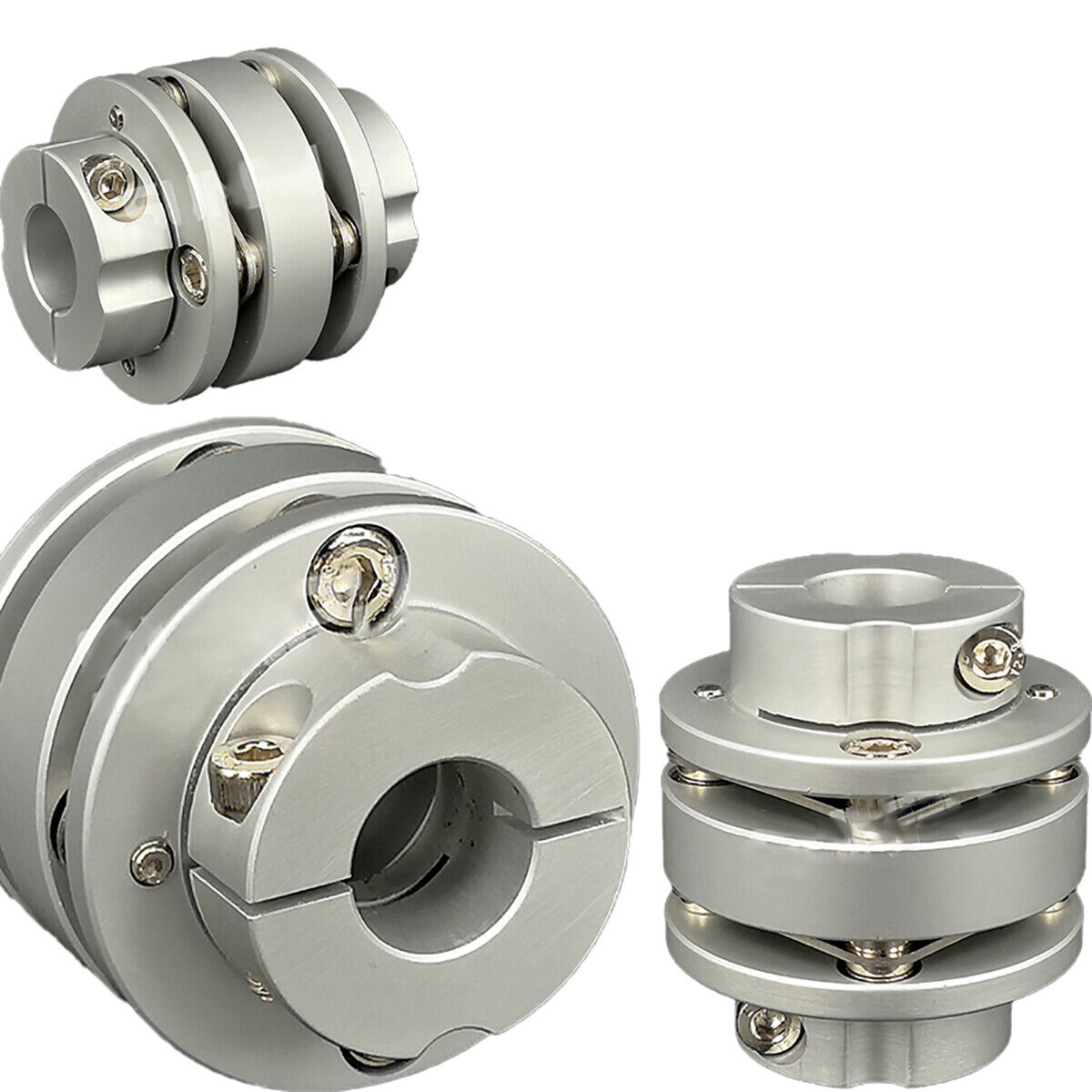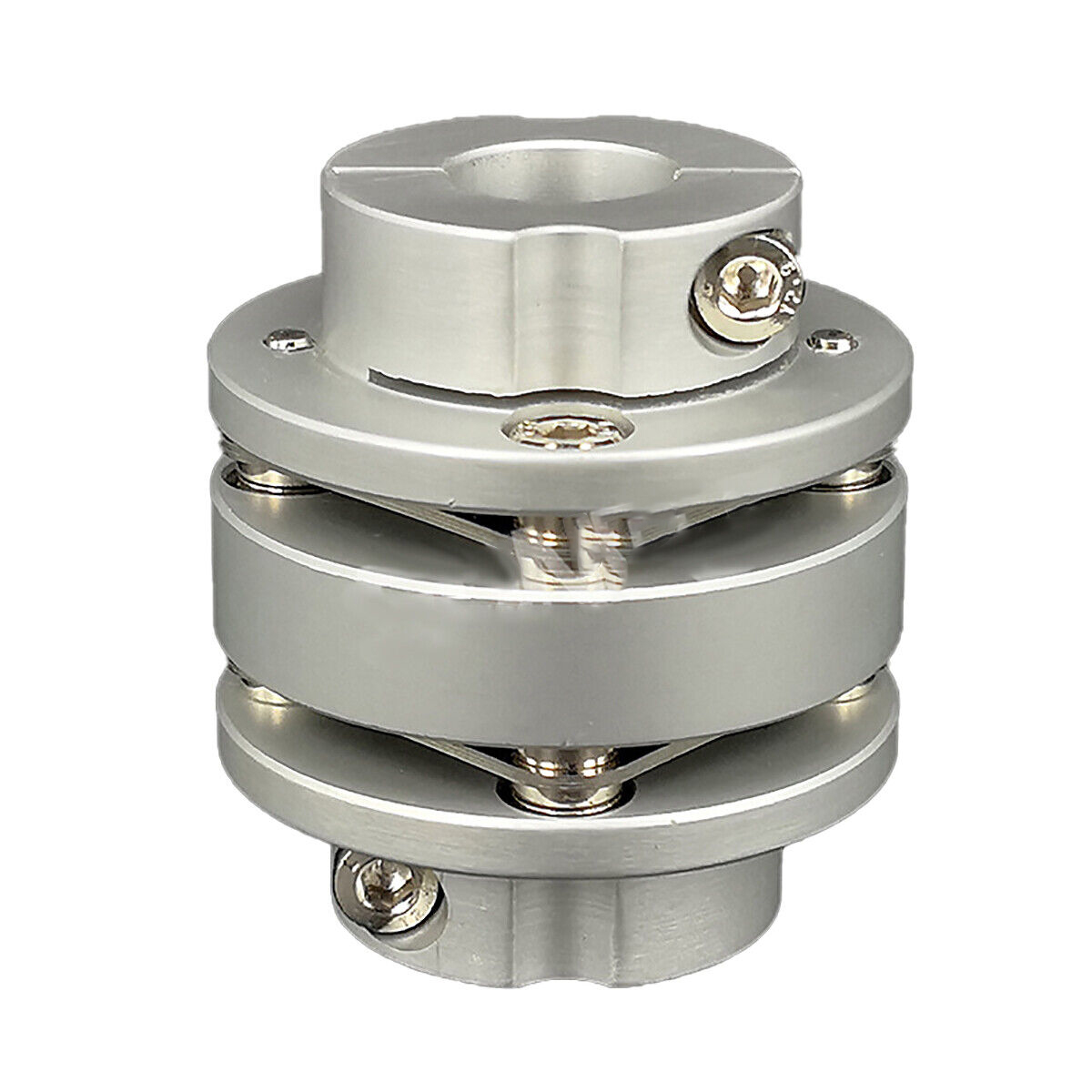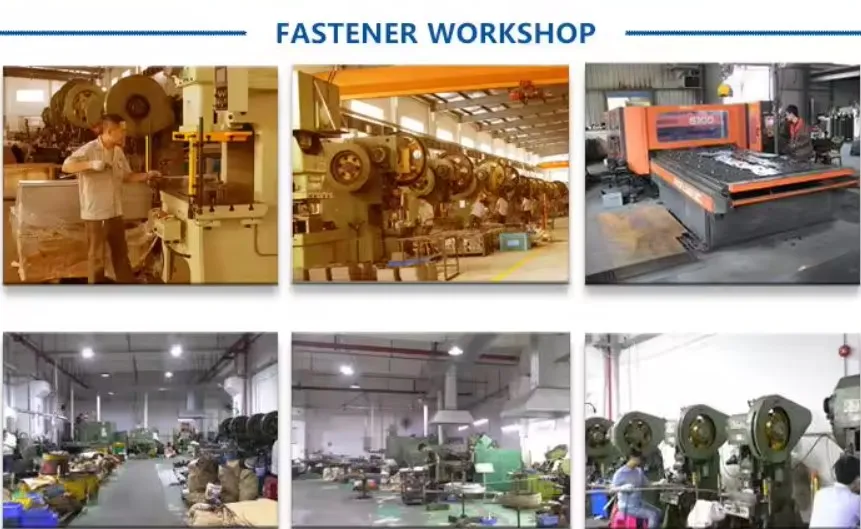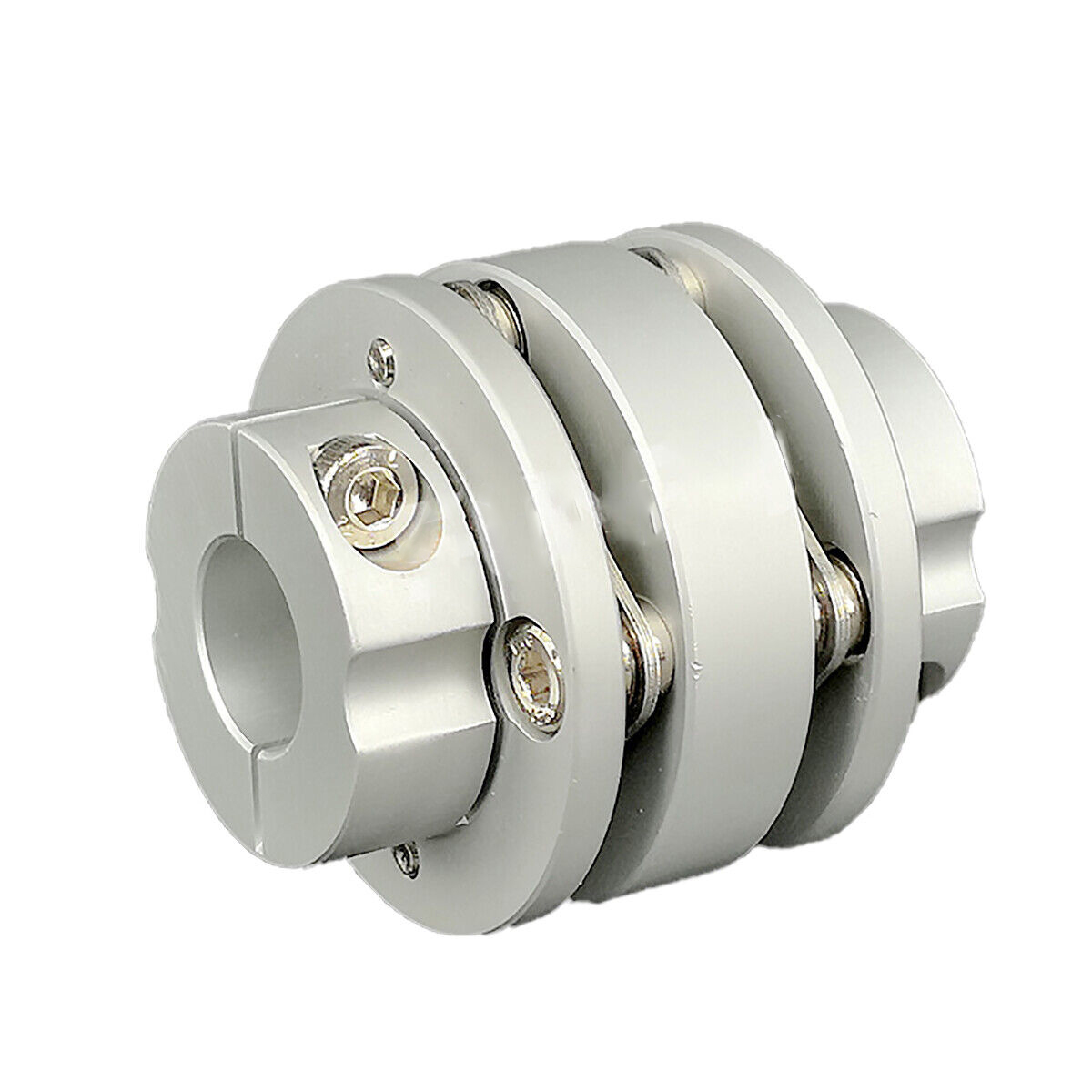Flexible Flange Coupling for Construction Machinery
Introduction to Flexible Flange Coupling
Flexible flange couplings are essential components in the realm of construction machinery. They play a pivotal role in ensuring the seamless transmission of power between different machinery parts while accommodating misalignments and reducing vibrations.
Understanding the Role of Couplings in Construction Machinery
Couplings, particularly flexible flange types, serve to connect rotating shafts, thereby transferring torque and mitigating the effects of misalignment, thermal expansion, and shock loads.
Types of Flexible Flange Couplings
There are several types of flexible flange couplings, including elastomeric, metallic, and composite types, each offering distinct advantages based on the specific application needs.
Applications in Construction Machinery
In construction machinery, flexible flange couplings are used in various equipment such as excavators, cranes, and bulldozers, ensuring efficient and robust operation even under harsh conditions.
Materials Used in Manufacturing
These couplings are typically made from high-grade materials such as steel, cast iron, and advanced composites, providing durability and longevity in heavy-duty applications.
Design Considerations for Optimal Performance
Designing flexible flange couplings involves considering factors such as load capacity, torsional stiffness, and misalignment tolerance to ensure optimal performance and reliability.
Installation and Maintenance Tips
Proper installation and regular maintenance are crucial for the effective functioning of flexible flange couplings. This includes alignment checks, lubrication, and periodic inspections for wear and tear.
Advantages of Flexible Coupling
Flexible flange couplings offer numerous advantages:

- Misalignment Compensation: They can accommodate various types of misalignments including angular, parallel, and axial.
- Vibration Damping: They help in reducing vibrations, thereby protecting connected machinery parts from undue stress.
- Shock Absorption: These couplings can absorb and mitigate shock loads, enhancing the lifespan of machinery components.
- Maintenance Reduction: Reduced need for frequent maintenance due to their robust design and material strength.
- Versatility: Suitable for a wide range of applications and environments, providing flexibility in use.
Difference between Solid and Flexible Coupling

Key differences between solid and flexible couplings include:
- Misalignment Tolerance: Solid couplings have limited capability to accommodate misalignments, whereas flexible couplings excel in this area.
- Vibration Control: Flexible couplings offer superior vibration damping properties compared to their solid counterparts.
- Application Suitability: Solid couplings are ideal for precise, aligned systems, while flexible couplings are preferred in dynamic and less predictable environments.
- Material and Construction: Solid couplings are generally made from rigid materials like steel, whereas flexible couplings incorporate elastomers or flexible metallic elements.
- Cost Considerations: Flexible couplings might be more expensive initially but can save costs in the long run through reduced maintenance and downtime.

Problems with Flexible Couplings
While flexible couplings offer many advantages, they are not without potential issues:
- Wear and Tear: The flexible elements are subject to wear, necessitating periodic inspection and replacement.
- Temperature Sensitivity: Some flexible materials may degrade under extreme temperatures, affecting performance.
- Complex Installation: Installation might be more complicated compared to solid couplings due to the need for precise alignment and tensioning.
- Cost: Initial costs can be higher, though this is often offset by long-term benefits.
- Dynamic Behavior: They may exhibit complex dynamic behavior under certain load conditions, requiring careful selection and design.
Choosing or Customizing the Right Flexible Flange Coupling

When selecting or customizing a flexible flange coupling, consider the following parameters:
- Load Capacity: Determine the maximum load the coupling needs to handle to avoid overloading and potential failure.
- Torsional Stiffness: Ensure the coupling has the appropriate stiffness to handle the torque requirements without excessive deformation.
- Misalignment Tolerance: Choose a coupling that can accommodate the expected misalignments in your application.
- Material Compatibility: Select materials that are compatible with the operating environment, considering factors like temperature, corrosion, and wear.
- Space Constraints: Ensure the coupling fits within the spatial constraints of the machinery, allowing for easy installation and maintenance.
About HZPT
HZPT, established in 2006, is a professional manufacturer specializing in the research and production of high-precision couplings, ball screw support units, motor brackets, and motion modules. Our coupling product line includes servo motor couplings, stepper motor couplings, micro motor couplings, encoder couplings, and more.
Our Advantages
- Advanced Technology: Our state-of-the-art technology ensures high-quality and efficient production processes.
- Dedicated R&D Center: We have our own research and development center, continuously innovating and improving our products.
- In-House Manufacturing and Testing Systems: Our in-house systems guarantee precision and reliability in every product we produce.
- ISO 9001:2015 Certification: We adhere to international quality standards, ensuring our products meet the highest benchmarks.
- ROHS Compliance: Our products are environmentally friendly and compliant with ROHS standards.
Currently, we have over 30 product lines, widely used in electronics, solar, photovoltaic industries, machine tools, packaging, mold manufacturing, medical, printing, and other high-precision connection and automation equipment. Our products have been recognized and widely used by top global customers in Japan, the United States, Germany, Israel, Malaysia, Singapore, Taiwan, and more.
Our company specializes in the production and sales of flexible flange couplings. Our products are designed to meet the high demands of modern construction machinery, ensuring reliability and efficiency. We invite you to partner with us for your coupling needs.